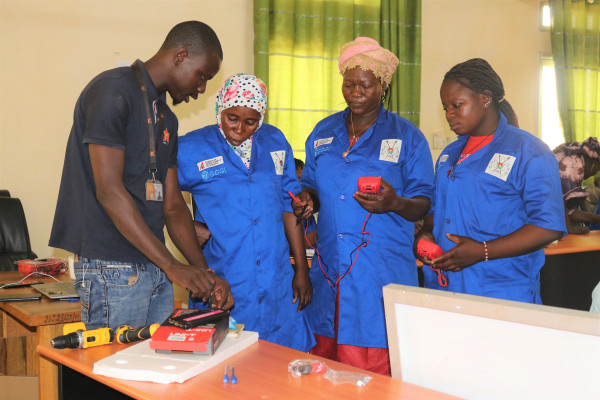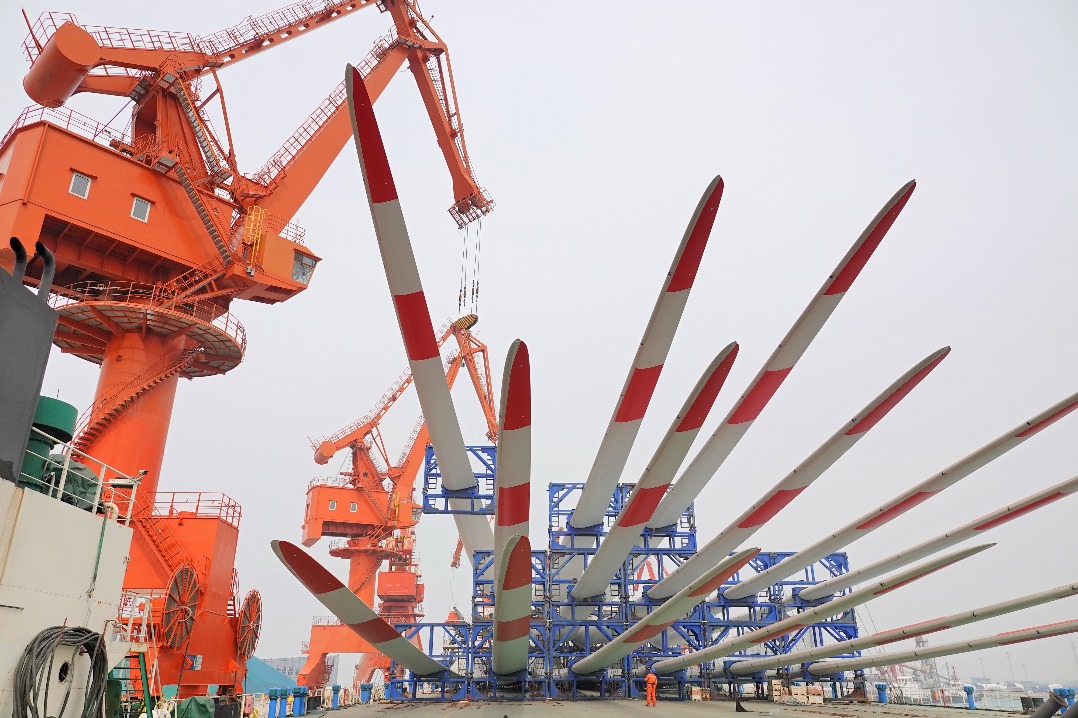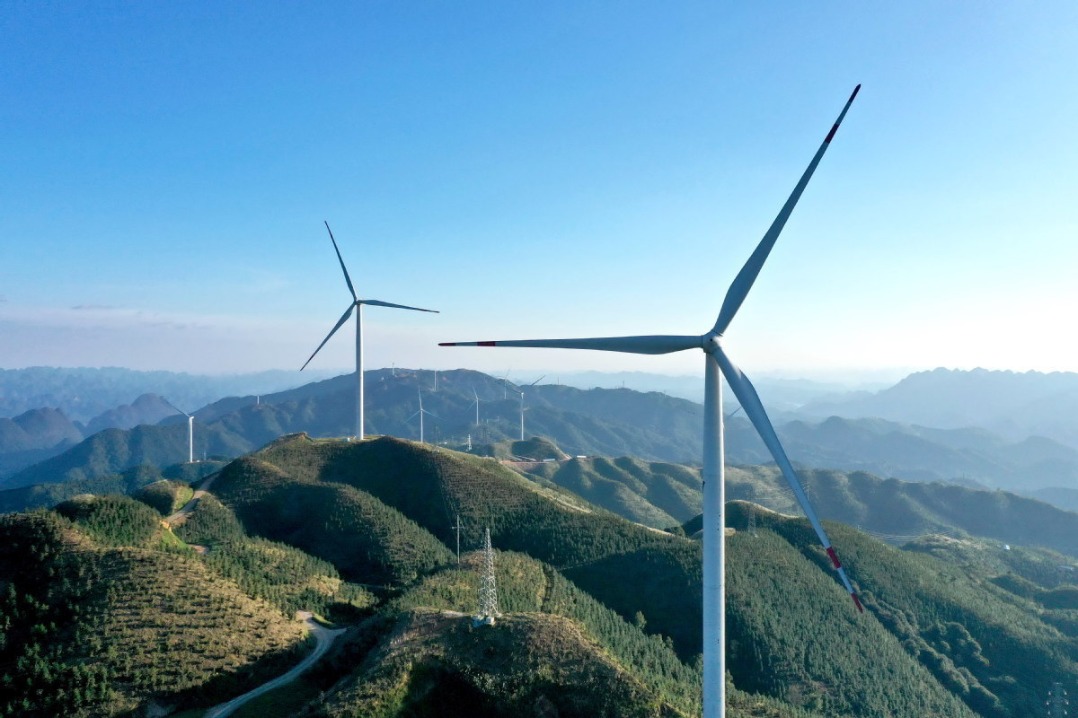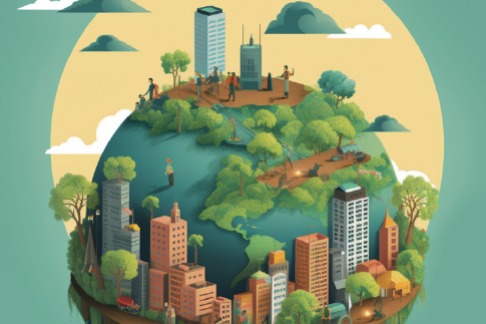The Global Green Growth Institute (GGGI) has played a pivotal role in Burkina Faso’s rural energy transition through its innovative “Solar Grandmothers” initiative.
Origins of the Solar Grandmothers Initiative
Originating from an agreement between the Government of India and the African Union (AU) Commission in 2008, the Solar Grandmothers initiative took shape during the India-Africa Forum in New Delhi. The initiative involved solar energy training for rural women in Burkina Faso, supported financially by the United Nations Development Programme (UNDP) and the Global Environment Facility Small Grants Programme (GEF/SGP). In 2018, Burkina Faso established the Regional Barefoot College Training Center (CRFBB) under the Ministry in charge of the Environment.
Regional Barefoot College Training Center in Burkina Faso (CRFBB)
Situated in Nioryida village, the CRFBB coordinates the identification of localities for its services, selects women for training, and provides theoretical and practical training. Additionally, the center facilitates the transfer of solar technology to several countries in the sub-region, including Burkina Faso, Niger, Benin, Togo, Ghana, Côte d’Ivoire, and Mali.
Impactful Results of the Solar Grandmothers Project
Under the “Solar Grandmothers” project, the CRFBB, in collaboration with GGGI and the Prince Albert II of Monaco Foundation, conducted solar energy training for grandmothers in seven regions of Burkina Faso. Thirty-one solar grandmothers received intensive training, empowering them to contribute to reducing the environmental impact of fossil fuel use in the country.
Lessons Learned and Achievements
The project’s uniqueness lies in its selection of representative beneficiaries from Burkina Faso’s three agricultural climatic zones. By tapping into the expertise of former grandmothers, the training process achieved professionalism and effectiveness. The initiative’s synergy with the “Burkina Faso ecovillages” project and its success as a Public-Private Partnership underline its positive impact on gender equality, local development, and sustainable energy self-sufficiency.
Challenges and Opportunities
Promoting gender equality in development requires sustained efforts, and rural communities, when empowered, exhibit the capacity for self-care and development. The Solar Grandmothers project addresses complex and costly challenges associated with sustainable development, emphasizing the essential role of renewable energy in improving living conditions.
This initiative, a testament to the dedication of various stakeholders, showcases the potential of collaborative efforts in advancing rural energy transition and fostering positive socio-environmental change in Burkina Faso.
Source:africa.com





